-
BackX
-
Components
-
-
Category
-
Semiconductors
- Diodes
- Thyristors
-
Electro-insulated Modules
- Electro-insulated Modules | VISHAY (IR)
- Electro-insulated Modules | INFINEON (EUPEC)
- Electro-insulated Modules | Semikron
- Electro-insulated Modules | POWEREX
- Electro-insulated Modules | IXYS
- Electro-insulated Modules | POSEICO
- Electro-insulated Modules | ABB
- Electro-insulated Modules | TECHSEM
- Go to the subcategory
- Bridge Rectifiers
-
Transistors
- Transistors | GeneSiC
- SiC MOSFET Modules | Mitsubishi
- SiC MOSFET Modules | STARPOWER
- Module SiC MOSFET ABB’s
- IGBT Modules | MITSUBISHI
- Transistor Modules | MITSUBISHI
- MOSFET Modules | MITSUBISHI
- Transistor Modules | ABB
- IGBT Modules | POWEREX
- IGBT Modules | INFINEON (EUPEC)
- Silicon Carbide (SiC) semiconductor elements
- Go to the subcategory
- Gate Drivers
- Power Blocks
- Go to the subcategory
- Electrical Transducers
-
Passive components (capacitors, resistors, fuses, filters)
- Resistors
-
Fuses
- Miniature Fuses for electronic circuits - ABC & AGC Series
- Tubular Fast-acting Fuses
- Time-delay Fuse Links with GL/GG & AM characteristics
- Ultrafast Fuse Links
- Fast-acting Fuses (British & American standard)
- Fast-acting Fuses (European standard)
- Traction Fuses
- High-voltage Fuse Links
- Go to the subcategory
- Capacitors
- EMI Filters
- Supercapacitors
- Power surge protection
- TEMPEST emission revealing filters
- Surge arrester
- Go to the subcategory
-
Relays and Contactors
- Relays and Contactors - Theory
- 3-Phase AC Semiconductor Relays
- DC Semiconductor Relays
- Controllers, Control Systems and Accessories
- Soft Starters and Reversible Relays
- Electromechanical Relays
- Contactors
- Rotary Switches
-
Single-Phase AC Semiconductor Relays
- AC ONE PHASE RELAYS 1 series| D2425 | D2450
- One phase semiconductor AC relays CWA and CWD series
- One phase semiconductor AC relays CMRA and CMRD series
- One phase semiconductor AC relays - PS series
- Double and quadruple semiconductor AC relays - D24 D, TD24 Q, H12D48 D series
- One phase semiconductor relays - gn series
- Ckr series single phase solid state relays
- One phase AC semiconductor relays for DIN bus - ERDA I ERAA series
- 150A AC single phase relays
- Rail Mountable Solid State Relays With Integrated Heat Sink - ENDA, ERDA1 / ERAA1 series
- Go to the subcategory
- Single-Phase AC Semiconductor Relays for PCBs
- Interface Relays
- Go to the subcategory
- Cores and Other Inductive Components
- Heatsinks, Varistors, Thermal Protection
- Fans
- Air Conditioning, Accessories for Electrical Cabinets, Coolers
-
Batteries, Chargers, Buffer Power Supplies and Inverters
- Batteries, Chargers - Theoretical Description
- Modular Li-ion Battery Building Blocks, Custom Batteries, BMS
- Batteries
- Battery Chargers and Accessories
- Uninterruptible Power Supply and Buffer Power Supplies
- Inverters and Photovoltaic Equipments
- Energy storage
- Fuel cells
- Lithium-ion batteries
- Go to the subcategory
-
Automatics
- Spiralift Lifts
- Futaba Drone Parts
- Limit Switches, Microswitches
- Sensors, Transducers
-
Infrared Thermometers (Pyrometers)
- IR-TE Series - Water-proof Palm-sized Radiation Thermometer
- IR-TA Series - Handheld Type Radiation Thermometer
- IR-H Series - Handheld Type Radiation Thermometer
- IR-BA Series - High-speed Compact Radiation Thermometer
- IR-FA Series - Fiber Optic Radiation Thermometer
- IR-BZ Series - Compact Infrared Thermometers
- Go to the subcategory
- Counters, Time Relays, Panel Meters
- Industrial Protection Devices
- Light and Sound Signalling
- Thermographic Camera
- LED Displays
- Control Equipments
- Go to the subcategory
-
Cables, Litz wires, Conduits, Flexible connections
- Wires
- Cable feedthroughs and couplers
- Litz wires
-
Cables for extreme applications
- Extension and Compensation cables
- Thermocouple cables
- Connection cables for PT sensors
- Multi-conductor wires (temp. -60C to +1400C)
- Medium voltage cables
- Ignition wires
- Heating cables
- Single conductor cables (temp. -60C to +450C)
- Railway cables
- Heating cables Ex
- Cables for the defense industry
- Go to the subcategory
- Sleevings
-
Braids
- Flat Braids
- Round Braids
- Very Flexible Flat Braids
- Very Flexible Round Braids
- Cylindrical Cooper Braids
- Cylindrical Cooper Braids and Sleevings
- Flexible Earthing Connections
- PCV Insulated Copper Braids (temp. up to 85C)
- Flat Aluminium Braids
- Junction Set - Braids and Tubes
- Steel Braids
- Go to the subcategory
- Traction Equipment
- Cable Terminals
- Flexible Insulated Busbars
- Flexible Multilayer Busbars
- Cable Duct Systems
- Go to the subcategory
- View all categories
-
Semiconductors
-
-
- Suppliers
-
Applications
- CNC Machine Tools
- DC and AC Drives (Inverters)
- Energetics
- Energy bank
- Equipment and Components for Hazardous Areas [Ex]
- Equipment for Distribution, Control and Telecommunications Cabinets
- HVAC Automation
- Induction Heating
- Industrial Automation
- Industrial Protective Devices
- Machines for Drying and Wood Processing
- Machines for Thermoforming Plastics
- Mining, Metallurgy and Foundry
- Motors and Transformers
- Power Supplies (UPS) and Rectifier Systems
- Printing
- Temperature Measurement and Regulation
- Test and Laboratory Measurements
- Tram and Railway Traction
- Welding Machines
-
Assembly
-
-
Inductors
-
-
Induction devices
-
-
Service
-
- Contact
- Zobacz wszystkie kategorie
What Are Anaerobic Adhesives?

Anaerobic adhesives harden in the absence of oxygen, such as in sealed threaded connections and gaps. Their main advantage is the ability to create durable and resistant bonds, which are crucial under conditions of high mechanical loads, vibrations, or extreme temperatures.
Anaerobic adhesives work through anaerobic polymerization, which initiates the hardening process when the material is in an oxygen-free state. This chemical reaction makes these adhesives exceptionally strong and stable, creating high-quality seals and protections, especially in applications requiring resistance to chemicals, vibrations, and extreme temperatures.
Anaerobic adhesives are commonly used for securing threads and connections, such as locking bolts or creating thread seals. Using these products helps increase the durability of components and their reliability over long-term use. Thanks to their resistance to vibrations, pressure, and temperature changes, they are the ideal solution in demanding applications where standard mounting methods may fail.
Furthermore, anaerobic adhesives have a wide application in the production of industrial adhesives, which are compatible with various materials, including metals, plastics, and composites. These properties make them indispensable in industries that require precise and resistant threaded connections.
Technological advancements have led to the creation of more eco-friendly versions of anaerobic adhesives, such as the Greenmark products by BÄDER GMBH & CO. KG, which respond to the growing demand for sustainable and environmentally friendly solutions in industry. These eco-friendly adhesives offer the same high-performance characteristics as traditional anaerobic adhesives while reducing their environmental impact.
Therefore, anaerobic adhesives not only provide high strength in the context of sealing but also serve a protective function in demanding operating conditions.
Applications of Anaerobic Adhesives in Unconventional Industries
Anaerobic adhesives are products that are characterized by the ability to harden in the absence of oxygen. Due to this unique property, they are used in many unconventional industries, such as the food, pharmaceutical, and automotive sectors. Here are some examples of their applications across different industries.
Food Industry – Applications in the Production of Equipment Contacting Food
In the food industry, where safety and hygiene are paramount, anaerobic adhesives play an important role in the production of machines and equipment that come into contact with food. Thanks to their properties, such as resistance to acids, fats, and other chemicals, these adhesives provide durable and hygienic connections in machinery parts, such as mixers, production lines, or packaging equipment. Many of these adhesives are approved for food contact, making them safe for production purposes.
Moreover, due to anaerobic polymerization, these adhesives can effectively fill difficult-to-reach spaces, creating durable and resistant bonds that contain no microorganisms or other contaminants, which is critical in such production environments.
Pharmaceutical Industry – Applications in the Production of Medical Devices
In the pharmaceutical and medical industries, anaerobic products are used to manufacture devices that require particular precision and reliability. They are used in the production of inhalers, syringes, infusion pumps, and other medical devices. These adhesives are highly resistant to moisture, chemicals, and temperature fluctuations, which are unavoidable in medical devices.
These adhesives, combined with catalytic hardening properties, ensure the durability of joints that must withstand not only long-term use but also the demanding conditions found in laboratories and hospitals. As a result, these products are widely used in the production of medical equipment, where reliability and safety are the top priorities.
Automotive Industry – Securing Threads and Connections Exposed to Extreme Working Conditions
In the automotive industry, the use of anaerobic adhesives is crucial for ensuring the durability of threaded and bolted connections. In vehicles exposed to extreme conditions, such as high temperatures, vibrations, or variable loads, the use of appropriate thread-locking products is essential. These adhesives effectively prevent bolts from loosening, ensuring the durability and tightness of connections.
Thanks to properties like vibration resistance and high temperature endurance, thread adhesives used in the automotive industry maintain their performance even in the most demanding conditions. Securing bolts in engines, exhaust systems, or suspension elements with these products ensures their long-term reliability. Additionally, thread sealants prevent fuel and oil leaks, which is critical for the ecological aspects of automotive production.
How Anaerobic Adhesives Ensure the Durability of Connections?
Anaerobic adhesives are one of the most effective means used to secure threaded and industrial connections. Thanks to their unique anaerobic polymerization properties, they harden in the absence of air, allowing for the creation of durable and resistant connections. Their use ensures long-term reliability and prevents many problems associated with threaded and bolted connections. Below, we discuss how anaerobic adhesives contribute to maintaining the durability of connections.
Preventing Thread Loosening and Its Impact on Equipment Lifespan
One of the main reasons for using anaerobic adhesives is their ability to prevent the loosening of threaded connections. In many industrial applications, such as automotive or industrial machinery production, threads are exposed to high vibrations and variable loads. In such conditions, traditional threaded connections, without proper protection, may loosen, leading to equipment failure and a shorter lifespan.
Thread adhesives, with their breaking torque and exceptional resistance to vibrations, effectively prevent these issues. Additionally, securing bolts with anaerobic adhesives not only prevents thread loosening but also helps maintain threaded connections in optimal condition for a long time. Protecting these connections directly impacts the performance and longevity of equipment, ultimately reducing operational and maintenance costs.
Anaerobic adhesives are also indispensable in the production of precision components, such as parts used in medical devices, precision tools, or machines requiring very high accuracy. In such applications, where connections must withstand not only high loads but also extreme temperature and chemical conditions, industrial adhesives ensure connection reliability throughout the device's entire service life.
The high temperature strength of adhesives, resistance to changing weather conditions, and chemical action make them an ideal solution in manufacturing environments where precise connections must endure extreme demands. Thanks to their anaerobic polymerization properties, these adhesives create durable and resistant seals that do not degrade during long-term operations, making them a popular choice in precision component manufacturing.
It is also worth mentioning that products from the Greenmark® line by BÄDER GMBH & CO. KG are eco-friendly adhesives that maintain all the properties of anaerobic adhesives but are safer for the environment, making them an attractive solution in many modern industrial processes.
Anaerobic Adhesives and Industrial Standards
Compliance with Quality Standards: What Standards Should Anaerobic Adhesives Meet?
Anaerobic adhesives, as a key element in many industrial sectors, must meet specific quality standards that ensure their reliability and safety of use. Depending on the industry and application, these products must meet various requirements, such as strength, chemical resistance, temperature resistance, and vibration resistance. To ensure the highest quality, anaerobic adhesives should comply with international standards such as:
• ISO 9001 (Quality Management System) – ensures that the production of adhesives follows high-quality standards.
• ISO 10993 (Biocompatibility) – for adhesives used in the medical industry, this standard guarantees that products will not cause allergic reactions or other health issues when in contact with the human body.
• MIL-SPEC (Military Specification) – for adhesives used in the aerospace, defense, and space industries, these standards specify the requirements for resistance to extreme conditions such as high temperatures and vibrations.
• FDA (Food and Drug Administration) – in the food industry, anaerobic adhesives may undergo testing for compliance with regulations concerning materials that come into contact with food.
These standards ensure that industrial adhesives are suitable for various applications and meet quality requirements that guarantee long-lasting reliability of connections in challenging conditions.
Certification and testing of anaerobic adhesives are essential processes to ensure their compliance with industrial standards. Every adhesive manufacturer conducts detailed tests to ensure their products will perform as expected in different usage conditions. Testing of anaerobic adhesives includes:
1. Strength Tests – these assess the adhesive's resistance to various types of loads, such as shear, tensile, or changes in torque. Standard testing methods such as tensile tests (e.g., ASTM D1002) or shear tests are used.
2. Chemical Resistance Tests – these ensure that anaerobic adhesives will not be destroyed by aggressive chemicals, such as oils, fuels, or acids, which is important in industries like automotive or petrochemical.
3. Temperature Tests – they assess whether the adhesives can withstand high temperatures without losing their properties, which is crucial in applications in the automotive, aerospace, or energy industries. Adhesives must also demonstrate resistance to low temperatures for applications in freezing conditions.
4. Vibration Tests – these evaluate how adhesives perform in vibration-prone conditions, which may occur in the automotive or machinery industries. High-quality anaerobic adhesives ensure that threaded connections will not loosen even under strong vibrations.
5. Biocompatibility Tests – in the medical industry, especially in the production of medical devices, anaerobic adhesives must undergo compliance testing with regulations regarding contact with living tissues and fluids, ensuring their safe use.
Certification of industrial adhesives ensures that they are not only safe but also effective in providing durable and resistant connections across a wide range of applications. Therefore, the choice of adhesives should be based on their compliance with relevant standards, allowing for high-quality connections that remain reliable for many years.
Benefits of Using Anaerobic Adhesives in Harsh Conditions
Anaerobic adhesives, thanks to their exceptional anaerobic polymerization technology, have become an indispensable solution in many demanding industrial sectors. The use of these products offers a range of benefits, especially in extreme conditions such as high temperatures, vibrations, or intense pressure.
Temperature Resistance of Anaerobic Adhesives
Anaerobic adhesives exhibit excellent resistance to temperature fluctuations, making them ideal for use in the automotive, aerospace, energy, and many other industries where high temperatures are unavoidable. Their temperature resistance, ranging from -55°C to even 150°C (for high-strength adhesives), allows them to be used in the most demanding environments.
Industrial adhesives, including anaerobic adhesives, are capable of maintaining chemical and mechanical stability in high-temperature environments. Because of this property, they are often used to secure threads in industrial machinery, motor vehicles, and medical devices that need to withstand sterilization temperatures.
High-temperature resistant adhesives are particularly recommended for use in environments where other materials may decompose or lose their properties under heat. In industries such as chemicals, petrochemicals, and energy, temperature resistance becomes a crucial factor when selecting the appropriate adhesives.
Vibration and Pressure Resistance in Demanding Industrial Environments
Anaerobic adhesives are also characterized by exceptional resistance to vibration and pressure, making them ideal for applications in challenging environments such as the automotive, aerospace, or energy industries. In these industries, where machines and devices are exposed to continuous vibrations and heavy mechanical loads, these adhesives provide durable connections that effectively prevent threads and other components from loosening.
Securing bolts and threaded connections with anaerobic adhesives is an effective way to eliminate the problem of loosening under vibration. The adhesive molecules that bond to the threads during anaerobic polymerization form very strong and durable connections capable of withstanding repeated shocks, vibrations, and pressure fluctuations.
Additionally, anaerobic adhesives show resistance to high pressure, which is particularly important in the energy industry and in the production of equipment subjected to heavy loads. Adhesives for industrial machines and components operating in such extreme conditions must meet requirements for both mechanical strength and resistance to high pressure to prevent failures and ensure long-term reliability.
Benefits and Applications of Anaerobic Adhesives
Anaerobic adhesives are exceptional products that have widespread applications in many industries, thanks to their unique curing technology in anaerobic conditions. This technology provides a range of benefits that contribute to the increased durability of connections as well as the improvement of safety and reliability of devices and machines in various work environments.
Main Benefits of Anaerobic Adhesives:
1. Reliability and Durability of Connections: Anaerobic adhesives create strong connections that effectively prevent thread loosening, which is crucial in devices exposed to vibrations and shocks. Due to their high mechanical strength, they ensure long-term stability of connections, both in the automotive and machinery industries.
2. Resistance to Extreme Conditions: These adhesives are highly resistant to temperature, pressure, and vibrations, making them ideal for use in harsh environments such as the energy, automotive, aerospace, or food industries. Their resistance to chemicals and corrosion makes them indispensable in applications requiring long-term reliability.
3. Versatility: Anaerobic adhesives are used in a wide range of industries, from food processing to pharmaceuticals and automotive. Their ability to form reliable connections in various conditions, such as high humidity, temperature fluctuations, or aggressive chemicals, makes them extremely versatile and irreplaceable in many industrial sectors.
Anaerobic adhesives are the perfect solution for connections that require high strength, resistance to vibrations, and extreme working conditions. Thanks to their versatility, they are an indispensable tool in many industrial sectors where the reliability and durability of connections are crucial for safety and operational efficiency.
Related products
Related posts
 Now available – DC/DC converters from PREMIUM
Now available – DC/DC converters from PREMIUM
 New release in DACPOL lighting for lathes – Kira covers
New release in DACPOL lighting for lathes – Kira covers





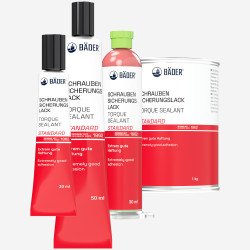
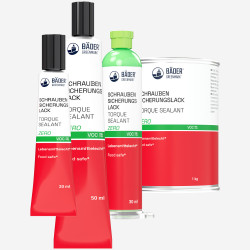
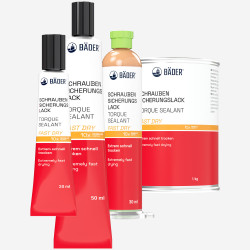
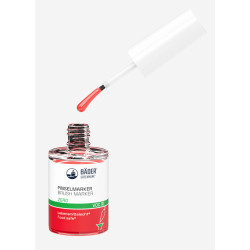
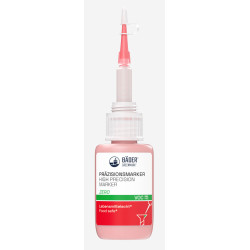

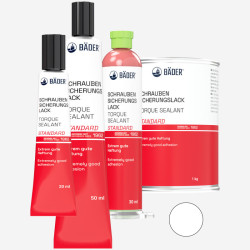
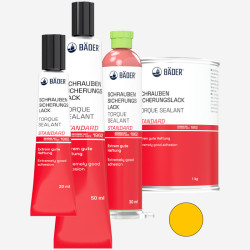
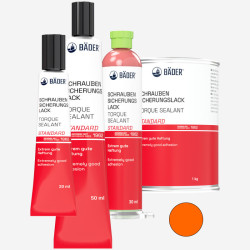
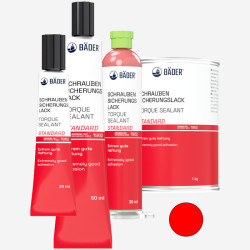
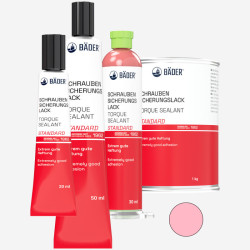
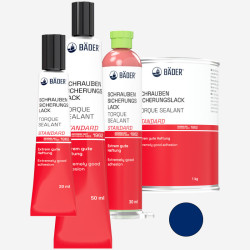
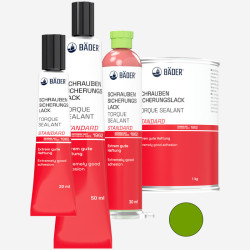
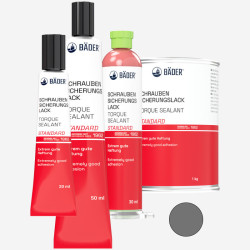
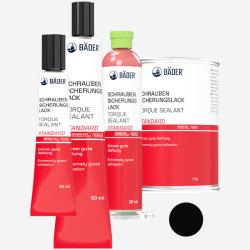
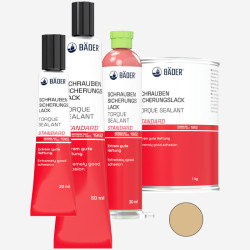
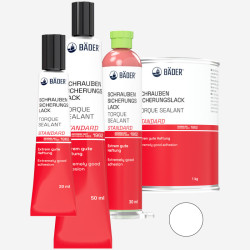
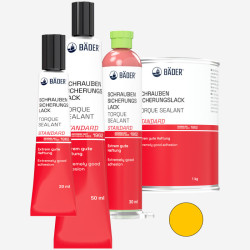
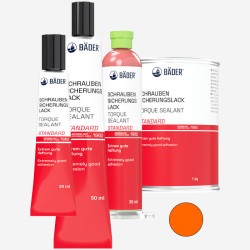
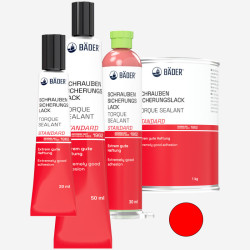
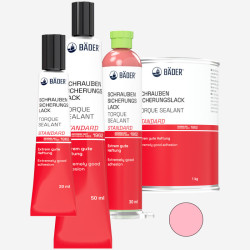
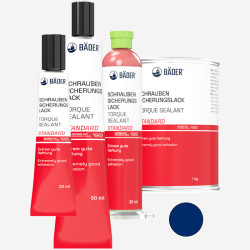
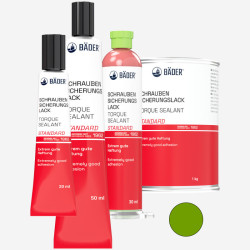
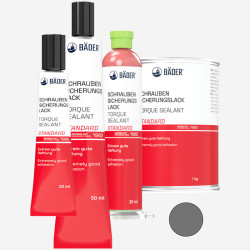

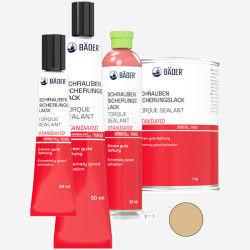
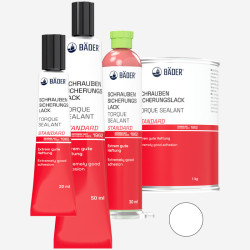
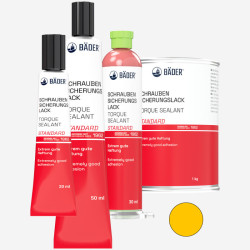
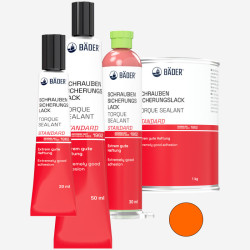
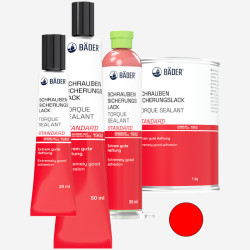
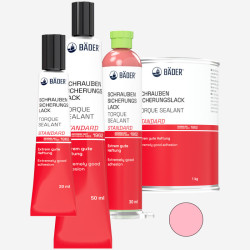
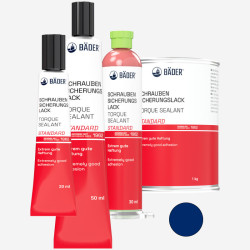
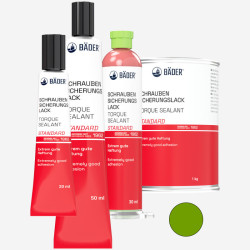
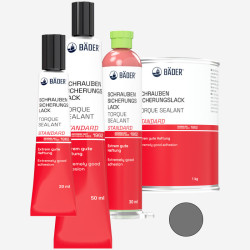
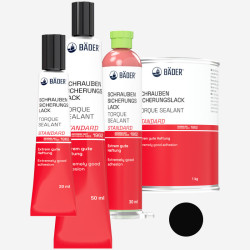
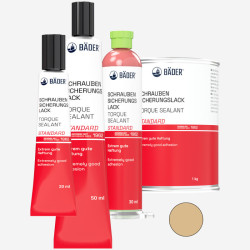
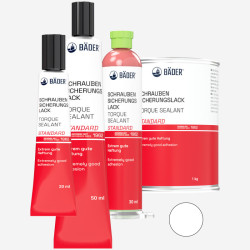
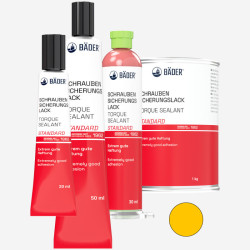
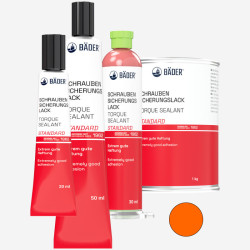
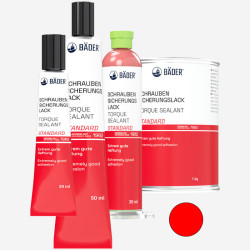
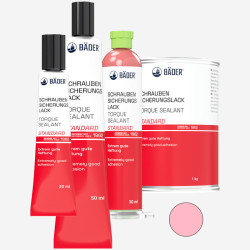
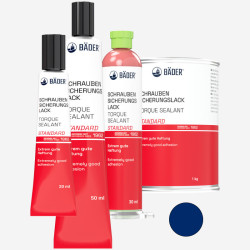
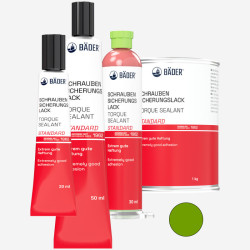

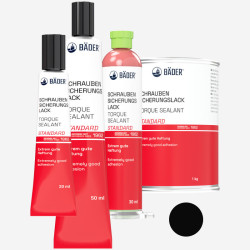
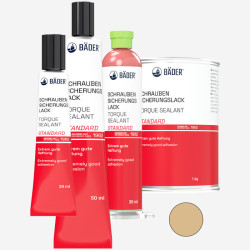
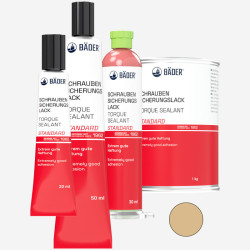

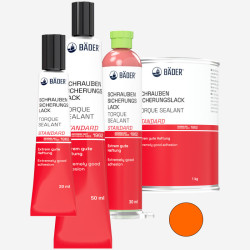
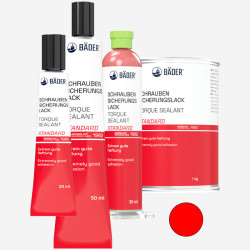

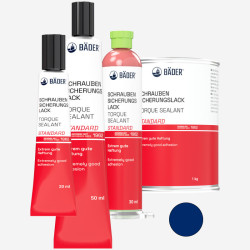

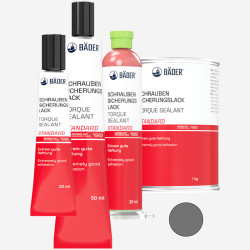
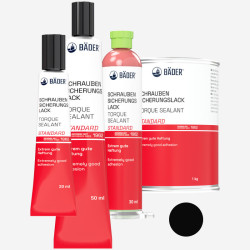
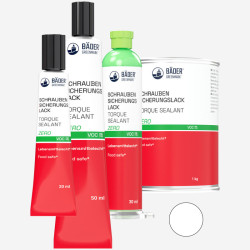
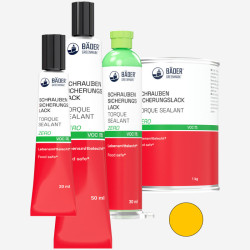
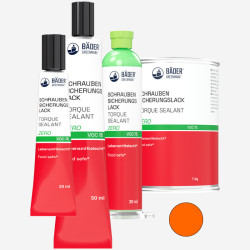
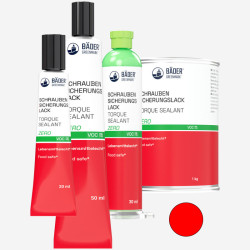

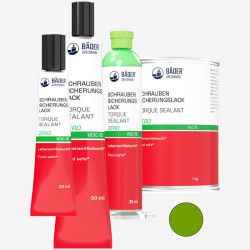
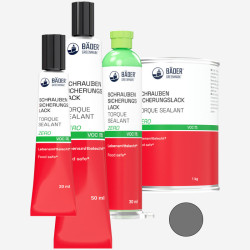
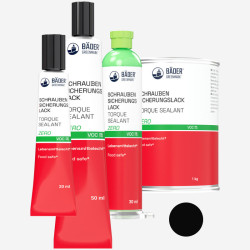
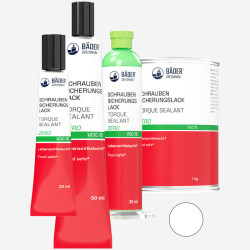
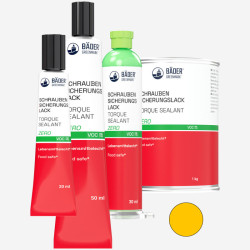
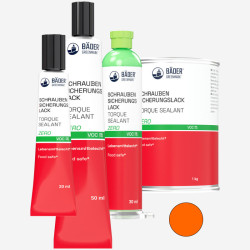
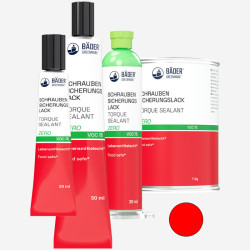

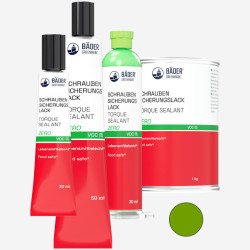
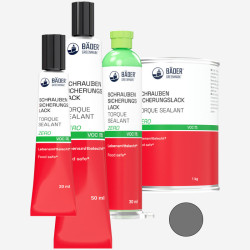
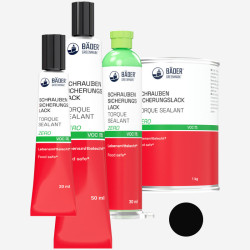
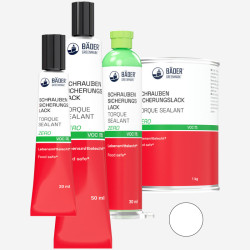
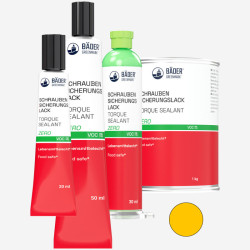
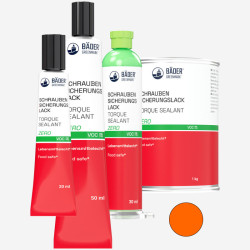
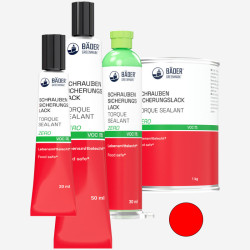
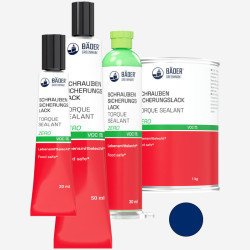
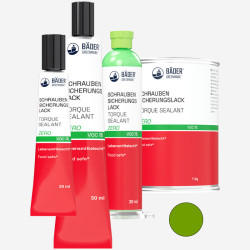
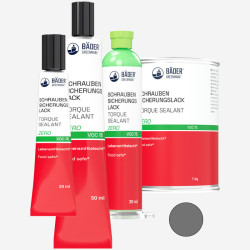
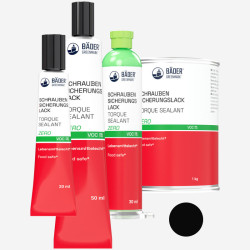
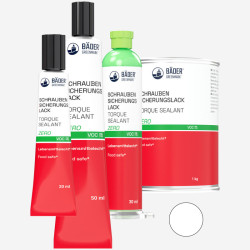
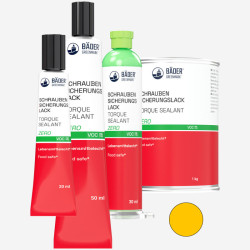
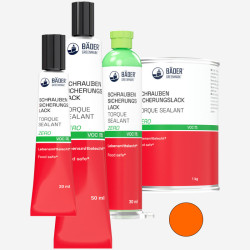
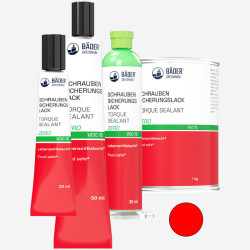
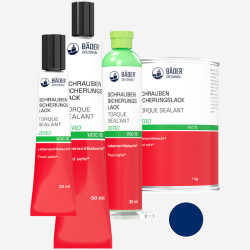


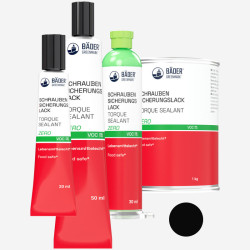
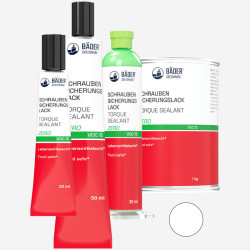
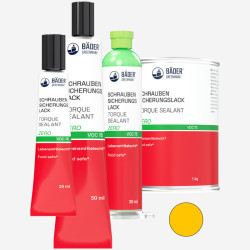
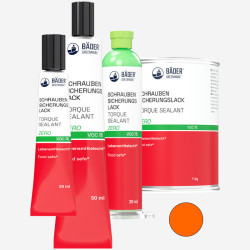
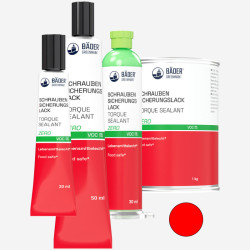

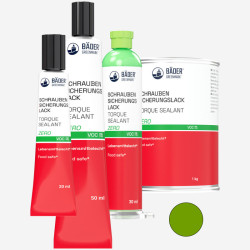
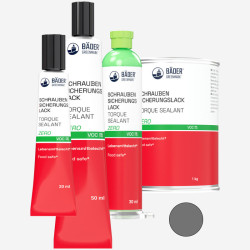
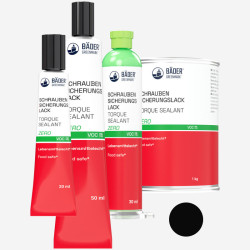
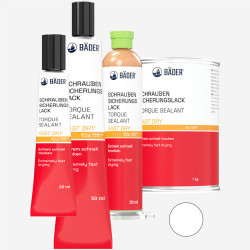
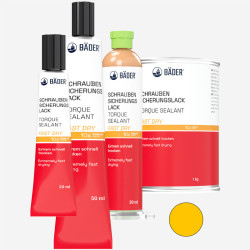
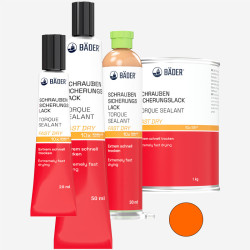
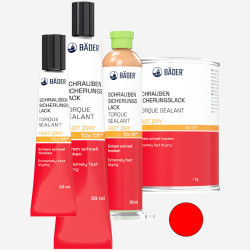
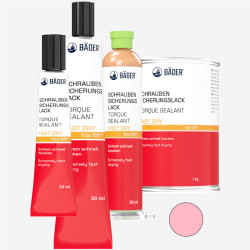
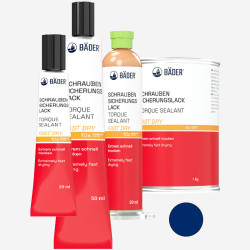
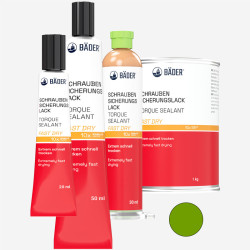
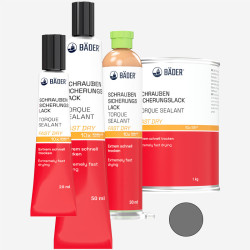
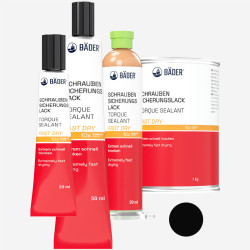
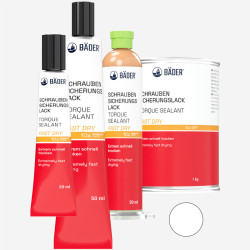
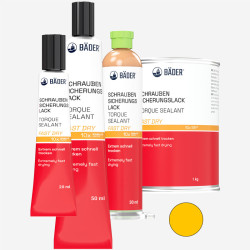
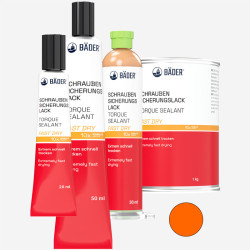
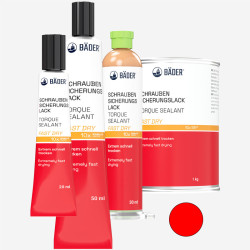
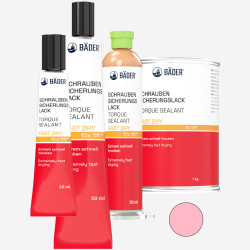
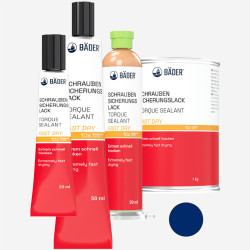
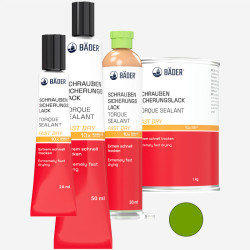
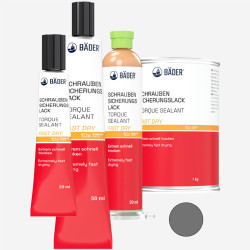
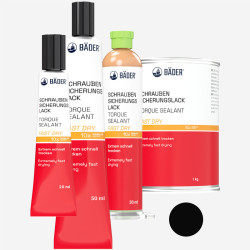
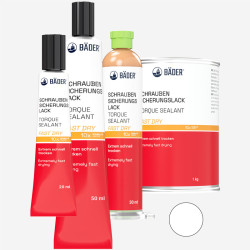
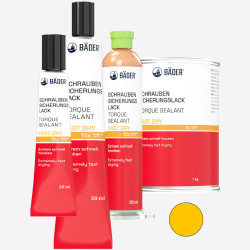
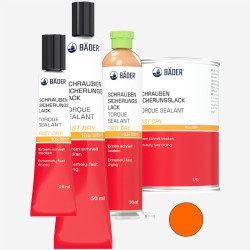
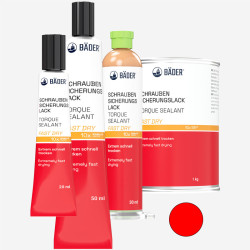
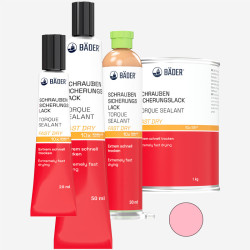
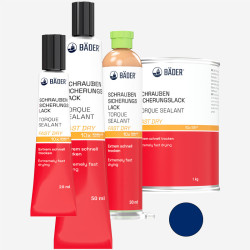
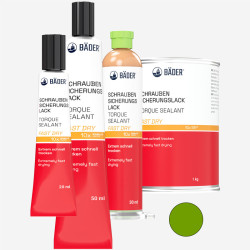
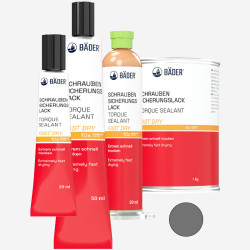
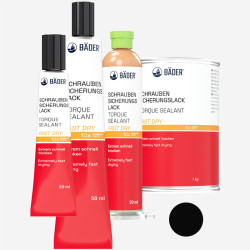
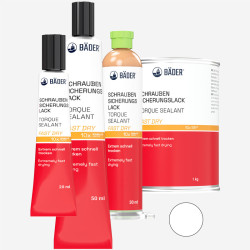
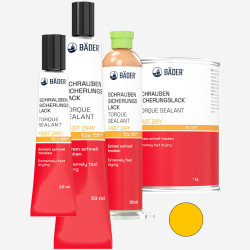
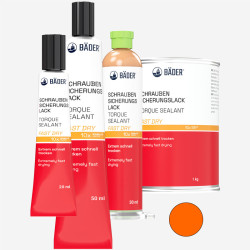
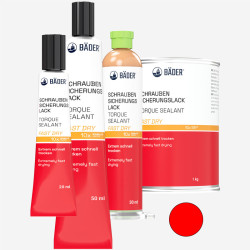
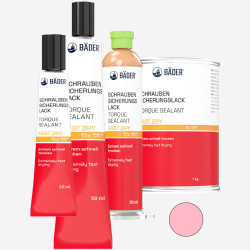
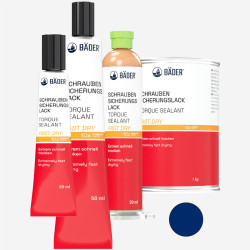
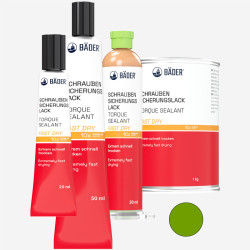
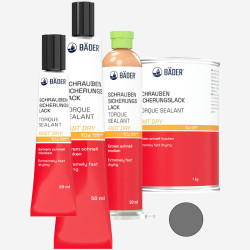
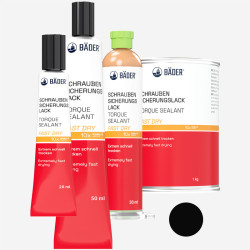
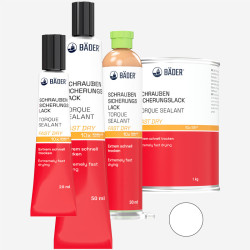
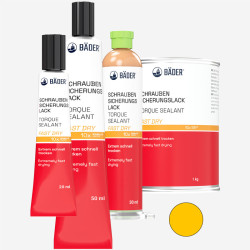
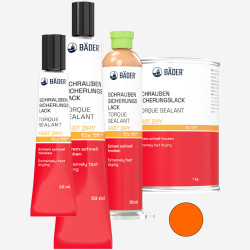
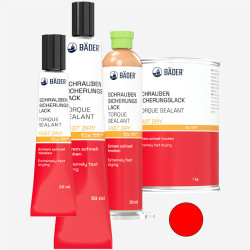
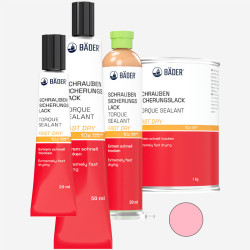

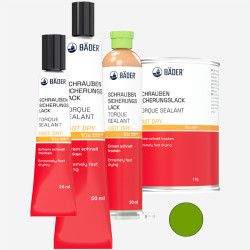
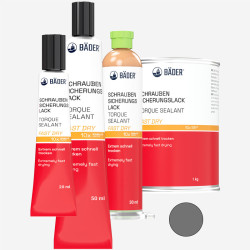
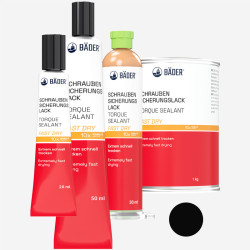
Leave a comment